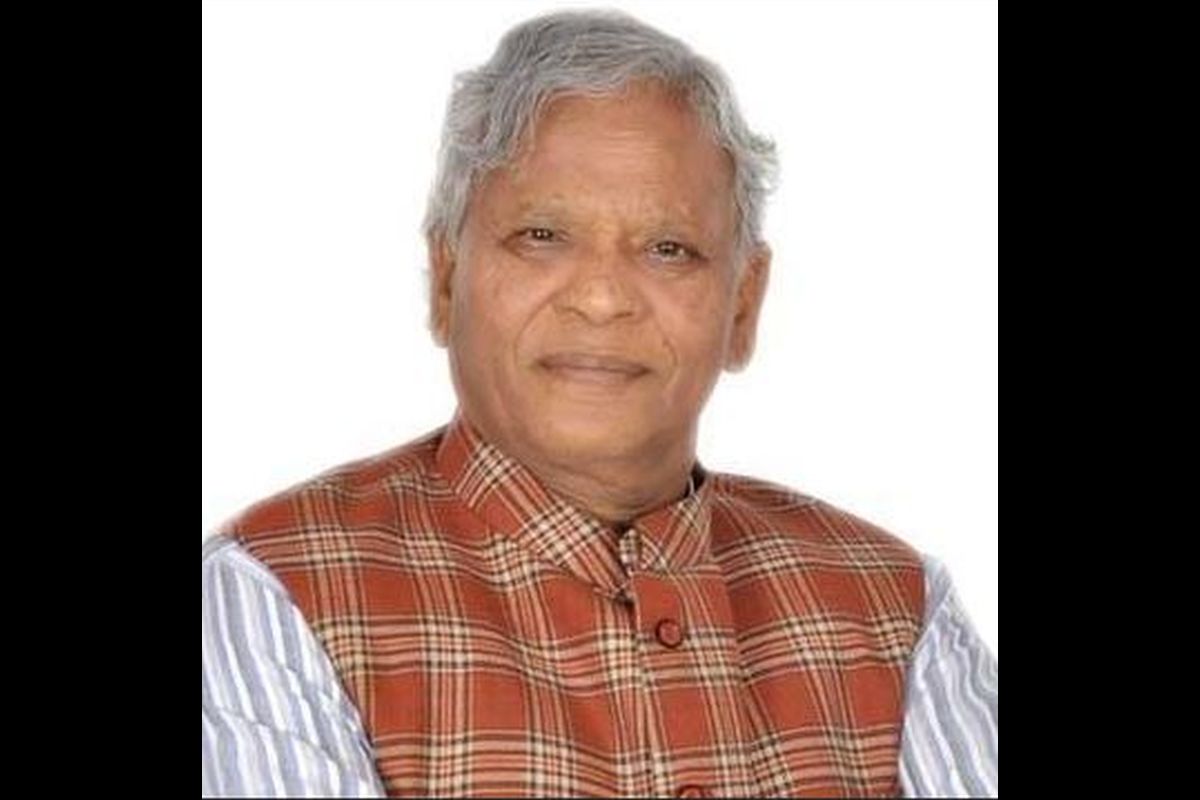The government Saturday launched an Open Defecation Free (ODF) Plus vision document envisaging solid waste management in villages, along with the collection and transportation of biodegradable and non-biodegradable waste, an official said.
The ODF Plus is an extension of the ODF programme under the Swachch Bharat Mission. Its objective is to sustain the ODF programme and to take up solid and liquid waste management.
Advertisement
Minister of State for Jal Shakti Rattan Lal Kataria Saturday released a ‘Way Forward’ document on the ODF Plus programme.
He said there had been a change in the attitude of the people because of Prime Minister Narendra Modi’s Swacch Bharat Mission.
At the event, an ODF Plus Dashboard and a mobile application Swacch Gram Darpan app were also launched. The app allows people to monitor how the programme is working at district and state levels, an official said.
The ODF Plus programme has four verticals– biodegradable waste management, plastic waste management, greywater management and faecal sludge management.
“Provisional targets have been set under the programme and we are roadmapping it now,” said Secretary Parameswaran Iyer of Department of Drinking Water and Sanitatation, Jal Shakti Ministry.
“The funding for the programme will be from our own budget and from the state government’s budget along with other resources,” he added.
According to the vision document, a deadline of 2023-24 has been set to achieve targets for biodegradable waste management.
Under it, a community compost pit will be made and necessary arrangements for collection and transportation of biodegradable waste generated in villages will be facilitated. As many as 700 gobar-dhan plants, at least one in each district, will also be established.
A deadline of 2021-22 has been set for completing targets for plastic waste management which include making necessary arrangements for collection and transportation of non-biodegradable waste with one storage facility per village.
It also sets a target of establishing 75,000 block-level plastic waste management units and necessary arrangements for land, inert and reject waste management with operation and maintenance being the responsibility of the district or state.
By 2023-24, targets under greywater management and faecal sludge management will be achieved. These include open or small bore pipe drains in villages for waste water and this can be taken up through convergence with MGNREGS or from other funds, according to the document.
Other measures listed are community leach/soak pits (in villages with a population of 2000) for safe greywater disposal and waste stabilisation ponds with respect to geographical topography for villages. Large dense villages will be linked with existing sewage treatment plants (STPs).











